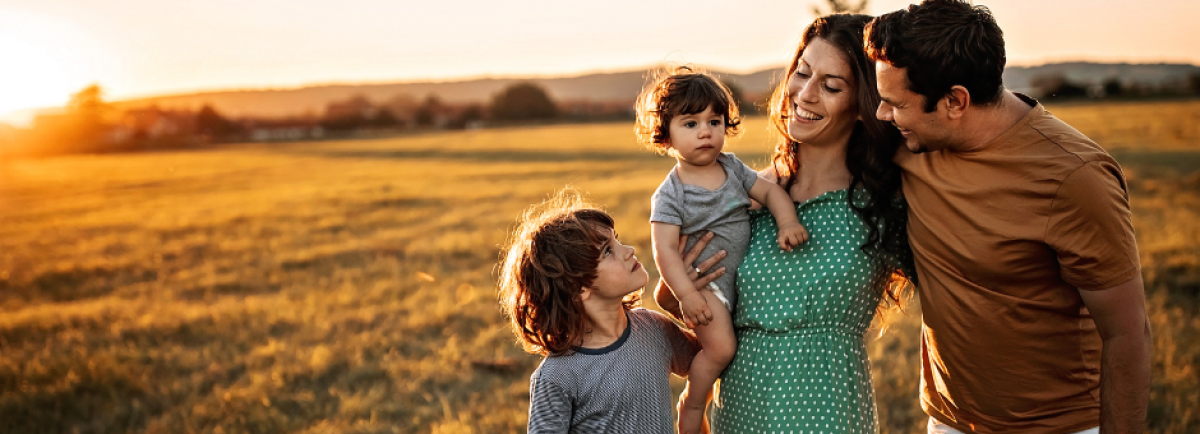The adolescent years are marked by dynamic brain changes. An important aspect of the maturing brain is the development of connections or networks that link different parts of the brain. It takes two an half decades to hook up each of the parts of the brain to each other, like slowly building and linking the parts of a force field over 25 years. Before the force field is in place, teens can get addicted harder, stronger, faster, and longer than adults. But neuroscience can teach us ways to reduce risks and help teens navigate this tricky time.
https://youtu.be/nYR2j9oQGPs
Category: News
Drug take back day
Too often, unused and expired medications find their way into the wrong hands. That’s dangerous and often tragic. Bringing unused and expired medications to a Drug Take Back Day collection site protects you, your family, and your community. The next Drug Take Back Day is April 30, 2022. Find a permanent drug drop box near you at: https://www.dhs.wisconsin.gov/opioids/permanent-drug-drop-boxes.htm
December is National Impaired Driving Prevention Month
Both Drunk Driving and Drugged Driving are Dangerous
Alcohol and drugs affect the way you drive—putting you, your passengers, and other drivers on the road at risk. Drugs can alter your perception, attention, balance, coordination, reaction time, and the other skills you need to stay alert and safe.
What is drug-impaired driving? Driving under the influence of over-the-counter medications, prescription drugs, or illegal drugs.
https://d14rmgtrwzf5a.cloudfront.net/sites/default/files/nida-druggeddriving-infographic.pdf
More and more studies of drivers killed in motor vehicle accidents have found an increasing number of these drivers testing positive for at least one drug.
According to the GHSA’s “Drug-Impaired Driving” survey, 43.6 of drivers tested after a deadly car crash had drugs in their system.
Using any mind-altering drug makes it unsafe to drive a car—just like driving after drinking alcohol!
More Information:
https://www.justthinktwice.gov/getting-high-and-driving
https://www.getsmartaboutdrugs.gov/
https://www.drugabuse.gov/publications/drugfacts/drugged-driving
The Great American Smokeout® November 18, 2021
Quitting smoking isn’t easy. It takes time. And a plan. You don’t have to stop smoking in one day. Start with day one. Let the Great American Smokeout event on the third Thursday in November be your day to start your journey toward a smoke-free life. You’ll be joining thousands of people who smoke across the country in taking an important step toward a healthier life and reducing your cancer risk. Plus, the American Cancer Society can help you access the resources and support you need to quit.
https://www.cancer.org/healthy/stay-away-from-tobacco/great-american-smokeout.html
**Urgent** Press Release and Public Safety Alert Issued by the DEA
Publication Date: Sep 30, 2021
Sharp Increase in Fake Prescription Pills Containing Fentanyl and Meth
DEA Warns that International and Domestic Criminal Drug Networks are Flooding the United States with Lethal Counterfeit Pills
September 27, 2021 – The Drug Enforcement Administration warns the American public of the alarming increase in the lethality and availability of fake prescription pills containing fentanyl and methamphetamine. International and domestic criminal drug networks are mass-producing fake pills, falsely marketing them as legitimate prescription pills, and killing unsuspecting Americans. These counterfeit pills are easy to purchase, widely available, and often contain deadly doses of fentanyl. Pills purchased outside of a licensed pharmacy are illegal, dangerous, and potentially lethal. This alert does not apply to legitimate pharmaceutical medications prescribed by medical professionals and dispensed by pharmacists.
https://pttcnetwork.org/centers/global-pttc/news/press-release-and-public-safety-alert-issued-today-dea
Resilient Farms and Families
Resilient Farms & Families: Responding to Stress – Farm Management The ongoing economic conditions in agriculture are taking a toll on farm families and their rural communities. The associated chronic stress is also impacting mental and physical well-being, relationships, and decision-making. Extension helps farmers, families, businesses, and communities remain resilient by learning how to manage stress and use planning tools to make sound decisions and create a road-map for the future. Find out more at the link below!
Drug Take Back Day, October 23, 2021
Too often, unused and unwanted medications find their way into the wrong hands. That’s dangerous and often tragic. Bringing unused and unwanted medications to a Drug Take Back Day collection site protects you, your family, and your community. The next Drug Take Back Day is October 23, 2021.
Find a collection site near you at https://www.dhs.wisconsin.gov/opioids/drug-take-back-day.htm
Take Back Day Event in Iowa County:
Highland Village Police Department
530 Main St.
Saturday, October 23, 2021, 10:00 am to 2:00 pm
Iowa, Grant and Lafayette County Drop Off Locations:
https://unified.co.grant.wi.gov/index.php/medication-disposal-location/
QPR’s Suicide Prevention Program
with Susan Springer Jud Sunday, September 19th at 1:30 pm Susan from the Iowa County Suicide Prevention Coalition will teach us how to recognize the warning signs of a suicide crisis and how to question, persuade, and refer someone to help. All ages are welcome to this very important workshop.
Registration is Appreciated,
Email Kristin at kholman-steffel@swls.org
or call at 608.723.7304
COVID-19: $100 Vaccine Reward Program
Get a free COVID-19 vaccine. Get $100. Help Stop the Spread.
COVID-19 vaccines are safe, effective, free, and widely available. Everyone ages 12 and older is recommended to get a COVID-19 vaccine to help protect themselves and others from COVID-19. And if you get your first dose of any COVID-19 vaccine from a vaccine provider located in Wisconsin beginning August 20 through September 6, you get $100!
https://www.dhs.wisconsin.gov/covid-19/100.htm
WI DHS Small Talks: Why should you talk to kids about alcohol?
Underage drinking is a real problem in Wisconsin, and it starts earlier and can be more dangerous than you might think. But parents, loved ones, and other caring adults can make a real difference. All you have to do is talk. That’s right. Having small, casual conversations with kids, starting around age 8, can help prevent underage drinking.
Video in English with Spanish subtitles
¿Hablas español? subtítulos disponibles
Know what to say and do to have a successful small talk
Sepa qué decir y hacer para tener una charla exitosa

